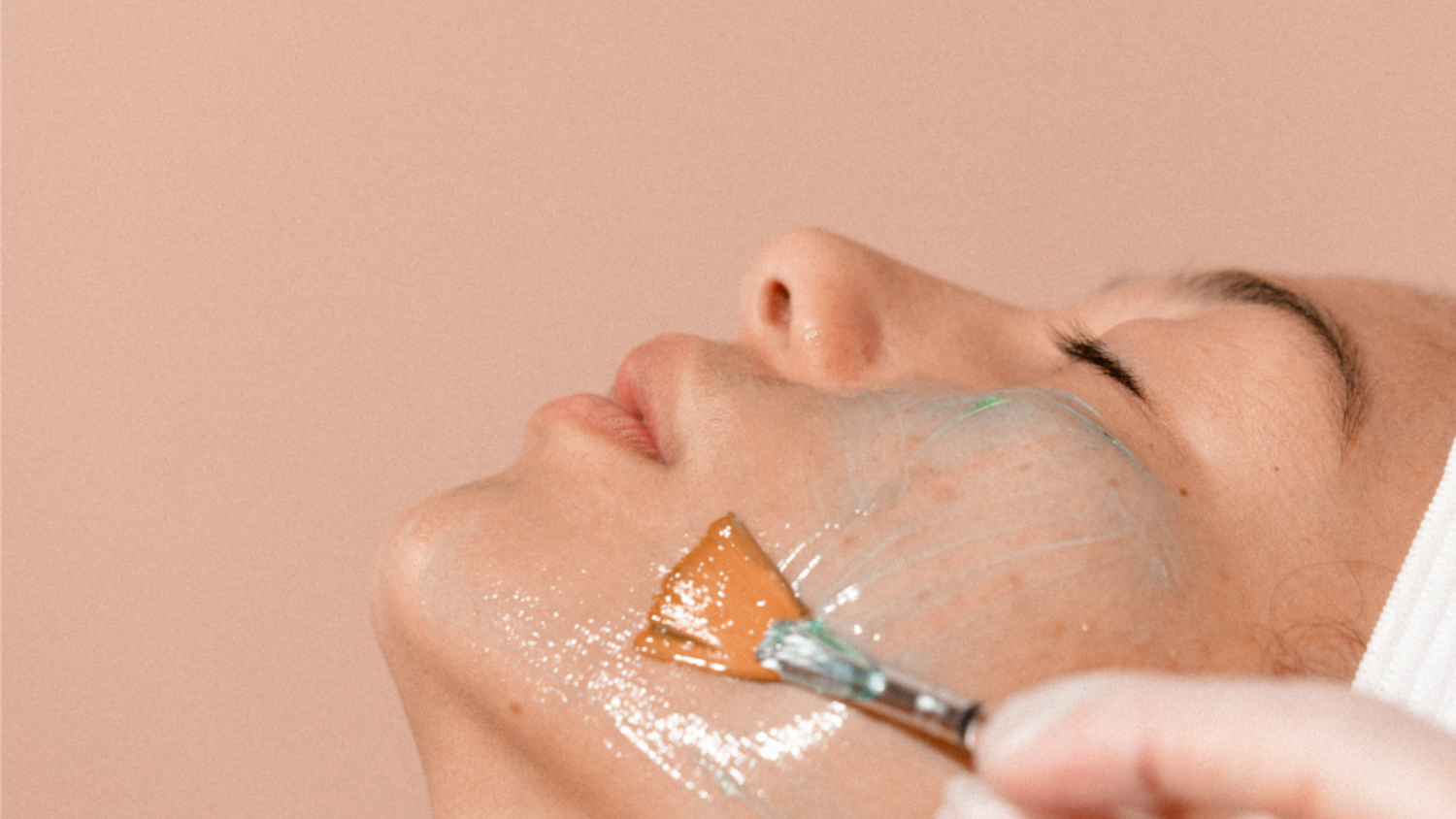You may find yourself wondering if what you hear is true. Do you really need to be wearing SPF every day? Even when it isn’t sunny out?
Skincare trends and tips may change with time, but the importance of daily SPF is something that we know for certain. Sunscreen is more than just a beauty product; it's your armor against the sun's harmful rays
Understanding UVA and UVB Rays
When it comes to sun protection, knowing your enemy is crucial. UVA (Ultraviolet A) and UVB (Ultraviolet B) rays are two types of ultraviolet radiation emitted by the sun, and they affect your skin differently.
UVA rays are responsible for premature aging, causing wrinkles and fine lines. They penetrate deep into the skin and can even pass through glass, making them a year-round threat. UVB rays, on the other hand, are responsible for sunburn and play a significant role in the development of skin cancer.
To shield yourself effectively, choose a broad-spectrum sunscreen that safeguards against both VA and UVB rays. This way, you'll be protected from the harmful effects of the sun all year long.
Mineral vs. Physical Sunscreen: What's the Difference?
Sunscreen comes in two primary forms: mineral and physical. Understanding the difference between the two can help you choose the right product for your skin.
Mineral Sunscreen: Mineral sunscreen contains active ingredients like zinc oxide and titanium dioxide. These minerals sit on top of your skin and act as a physical barrier, reflecting and scattering the sun's rays. They are known for being gentle on sensitive skin and are less likely to cause irritation. Mineral sunscreen is an excellent choice for those with skin sensitivities or allergies.
Physical Sunscreen: Physical sunscreen, also called chemical sunscreen, contains organic compounds like avobenzone and octisalate. These ingredients work by absorbing UV radiation and converting it into heat, which is then released from the skin. Physical sunscreen tends to be more water-resistant and can provide broad-spectrum protection. However, some individuals with sensitive skin may find certain chemical sunscreen ingredients irritating.
The choice between mineral and physical sunscreen often comes down to personal preference and skin type. Consider trying both types to see which one works best for you.
How to Pick the Right SPF
Selecting the right Sun Protection Factor (SPF) is crucial to ensure effective sun protection. SPF measures how well a sunscreen protects your skin from UVB rays, the ones responsible for sunburn.
The rule of thumb is to choose a broad-spectrum sunscreen with an SPF of at least 30. An SPF 30 sunscreen filters out about 97% of UVB rays. Higher SPFs, such as SPF 50 or SPF 100, offer slightly more protection but don't block 100% of the rays. It's essential to apply sunscreen generously and reapply it every two hours, especially when swimming or sweating.
Consider your skin type and sun exposure when selecting SPF. Fair-skinned individuals or those spending extended periods in the sun may benefit from higher SPFs.
TL;DR?
Skincare tip: Sunscreen is more than just a beauty product; it's your armor against the sun's harmful rays. However, no sunscreen can provide complete protection, so it's crucial to pair your SPF with other sun-protective measures, like seeking shade and wearing protective clothing.





